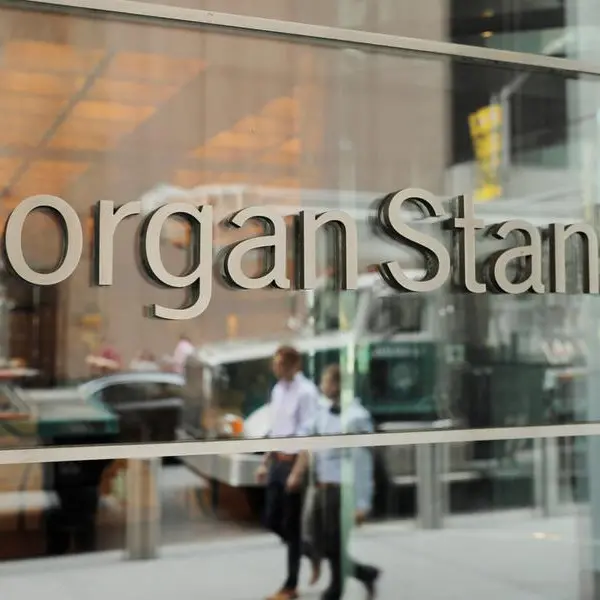PHOTO
The GCC, particularly the UAE, is emerging as an attractive destination for private equity (PE) investments, driven by a business-friendly regulatory environment and a positive economic outlook, according to MR Raghu, CEO of Marmore MENA Intelligence.
“Another key driver of PE and venture capital (VC) activity in the region has been the change in strategy of sovereign wealth funds (SWFs), which has led to a stronger focus on development of the local economies,” he wrote in the 13th edition of Insight Discovery’s Middle East Investment Panorama (MEIP).
The GCC region’s SWFs manage over $3.2 trillion in assets under management (AUM) and have been active investors in the PE and VC funds, with investments in nearly 31 identifiable transactions during 2022.
“PE and VC activity should increase in the GCC region,” Raghu noted, adding that designated PE funds have plenty of “dry powder” in terms of uninvested funds.
According to the report, worldwide, flows to PE slowed during 2023, after record growth in 2021 and H1 2022. The biggest driver of the slowdown was market uncertainty, which affected PE investments and exits, as well as fund-raising in the recent past.
The report added activity in the GCC countries remained much more resilient in comparison with other regions, witnessing a rise in the popularity of private credit as an asset class last year, driven by progress in regulations and product launches.
During the period between 2019 and 2022, PE/VC deal volumes have jumped by more than 50% according to data from S&P, with UAE contributing the highest number of deals.
In terms of sectors, fintech companies drew the highest level of investments from PE investors in recent years followed by transport, logistics, and e-commerce.
The report stated that private credit has also been gaining popularity as an asset class in the GCC region since 2023, with progress both in terms of regulations and product launches. Unlike developed markets though, the private credit market in the GCC is still at a nascent stage due to regulatory hurdles and the negative sentiment towards credit products following the global financial crisis that began in late 2008.
However, Raghu said the recent regulatory improvements in the UAE and Saudi Arabia have made the GCC markets more attractive.
As of the beginning of 2024, private credit in the GCC region is in its early days, but the outlook is positive, he noted.
(Editing by Bindu Rai)





















